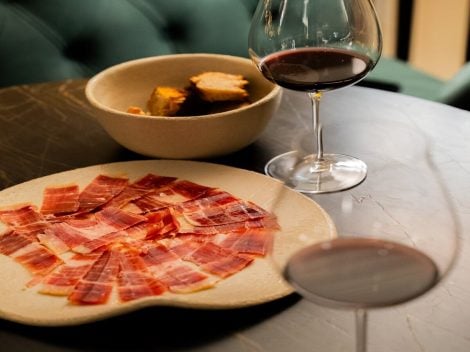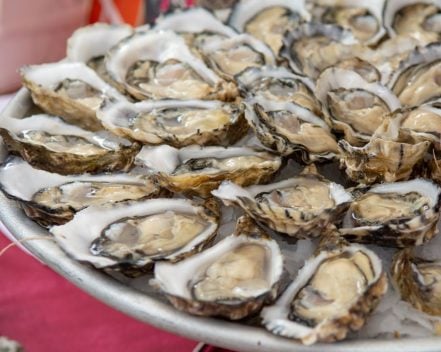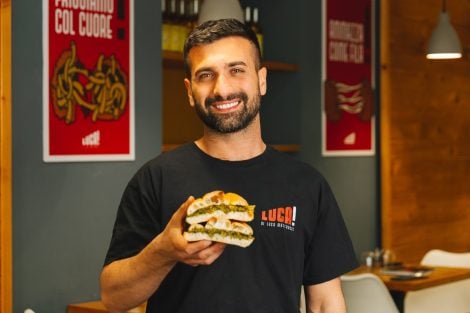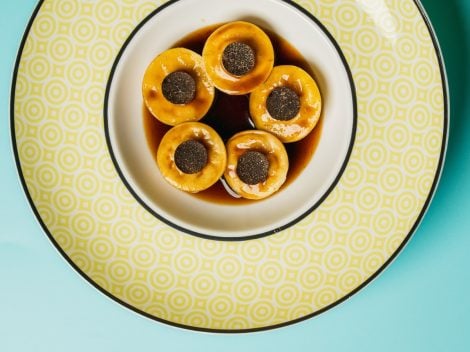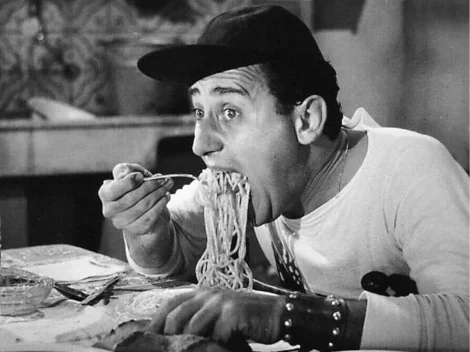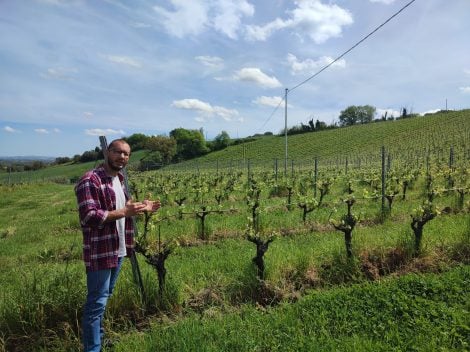Giacomo Casanova is remembered in history as the greatest seducer of all time. It is no coincidence that his surname has become synonymous with heartbreaker. Yet, contrary to popular belief, the image of him as an adventurer and Don Juan does not fully capture the essence of the Venetian, one of the most controversial figures of the 18th century. Not everyone knows that Casanova was also a gourmet, someone we would now consider a true connoisseur of fine food. This well-founded depiction comes to us through written documents, the literary legacy of the man himself.
Giacomo Casanova was an unexpected gourmet
His libertine nature and refined art of seduction made him a "myth," for some a sort of ancient alpha male to be admired. But Giacomo Girolamo Casanova was much more. According to scholars, he was also one of the first spies in Italian history, working in the service of the Doge of the Republic of Venice. Above all, it should be noted that few are aware of his substantial literary production, both in prose and verse, through which he crafted an exaggerated self-portrait, portraying himself as a sought-after personality even at royal courts (the truth being that he poorly concealed his ambition to be regarded as an aristocrat, despite his humble origins).
Casanova's days were thus marked not only by moments of carnal passion but also by periods of writing. From his Mémoires, one of his final works, emerges his keen interest in food—either as pure culinary delight or, in a quasi-aphrodisiac dimension, as an overture to other pleasures. He was always in pursuit of bold yet simple flavours:
"I have loved dishes with strong tastes: macaroni pie prepared by a good Neapolitan cook, olla podrida, cod from Newfoundland with plenty of sauce, aromatic and well-aged game, and cheeses whose excellence is evident when the tiny creatures inhabiting them begin to become visible."
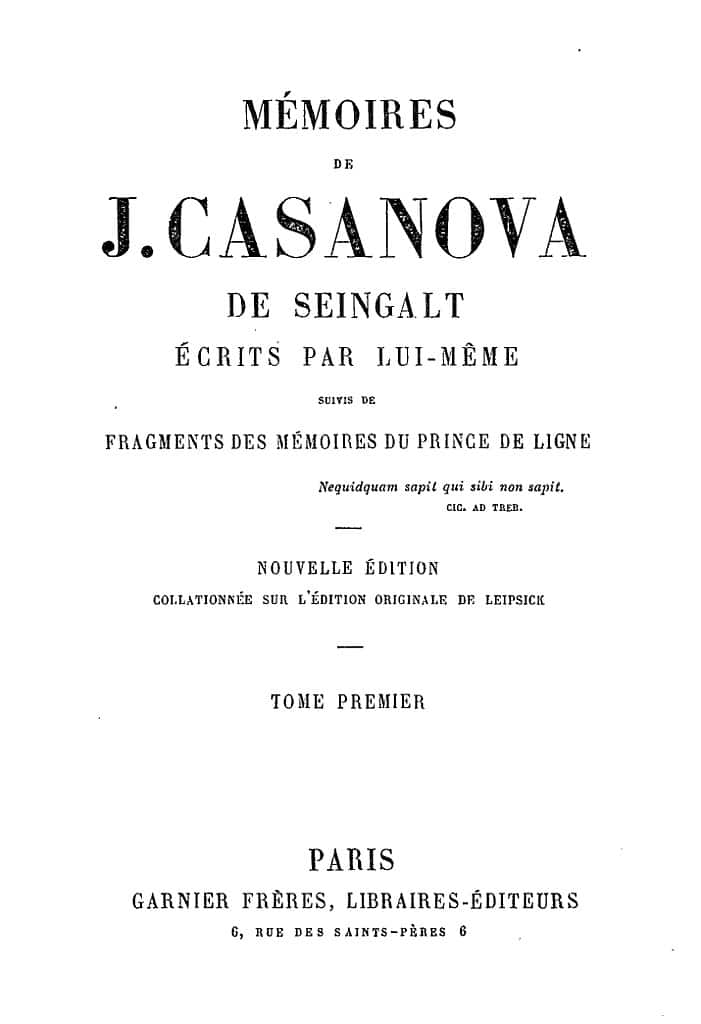
Casanova, the Prince of Maccheroni
Through his extensive travels across Europe and his visits to various royal courts, Casanova refined his taste and palate. He encountered many regional and foreign recipes (the aforementioned "olla podrida" is a Spanish speciality made with stewed meats, spicy sausages, vegetables, and spices). However, no delicacy could ever diminish his visceral love for maccheroni, which he mentioned multiple times in his autobiographical work, Memories, written in French and banned along with his other writings, which were included in the Catholic Church's Index of Prohibited Books.
His love for pasta was so profound that he received formal recognition for it under a rather unique circumstance:
"[...] I went for a stroll in Chioggia [...]. I saw a café and went in. A young doctor of law, who had been my university companion in Padua, embraced me and introduced me to the pharmacist who had his shop next to the café, where, he said, all the local literati gathered. After about a quarter of an hour, a stout Jacobin friar, blind in one eye, from Modena, named Corsini, arrived. I had known him in Venice, and when he saw me, he came over and greeted me with great ceremony. He told me that I had arrived just in time to take part in the picnic the Maccheronic Academicians were having the next day after a meeting at the academy, during which each member would recite a composition of their own in honour of maccheroni. He urged me to honour the academy by reciting one of my works and to attend the picnic, and I accepted."
In 1734, as the great seducer recounts, maccheronic circles where various intellectuals gathered for leisure were also recorded in Chioggia. For Casanova, however, this would not be just another moment. After receiving acclaim for a ten-stanza sonnet dedicated to maccheroni, he also excelled at the table, eating so many maccheroni that he was bestowed with a new "title," this time for gastronomic merit: the Prince of Maccheroni.
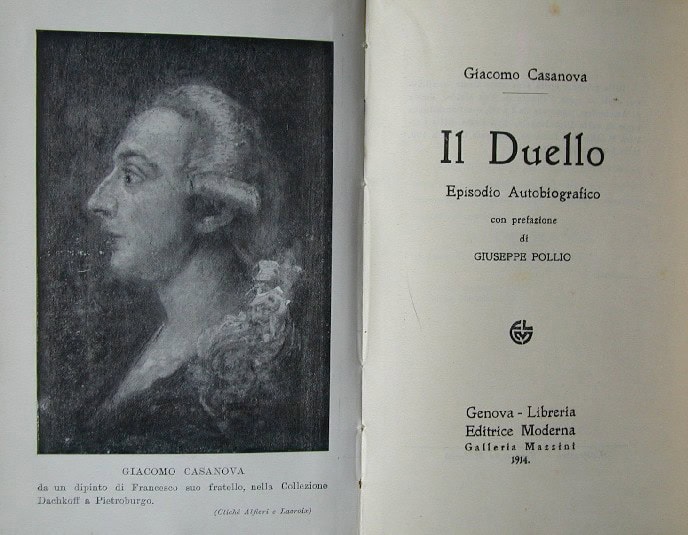
Casanova's Maccheroni
In the 18th century, pasta was already revealing its "popular" vocation. For instance, in Naples, it was becoming widespread as a street food to be eaten with one's hands. Maccheroni could be found almost everywhere, in many of Italy's taverns—at least in their pantries (not only in the elaborate timbales and pies of the affluent classes).
This is confirmed by Casanova himself, who in his History of My Life (1797) shares a curious anecdote from his journey to Parma, the ducal city of his father's and grandparents' origins. He writes of his experience in an inn with an exasperated tone, the outburst of someone with a great craving that was not immediately satisfied:
"I was starving, and they told me there was nothing to eat. But convinced otherwise, I ordered the innkeeper, laughing in his face, to bring me butter, eggs, maccheroni, ham, and Parmesan cheese, for I know these are things one can find everywhere in Italy."
From this and other direct accounts, dishes such as the famous Casanova Maccheroni originated, a testament to the unexpected gourmet nature of this great seducer—and not just a legendary lover.

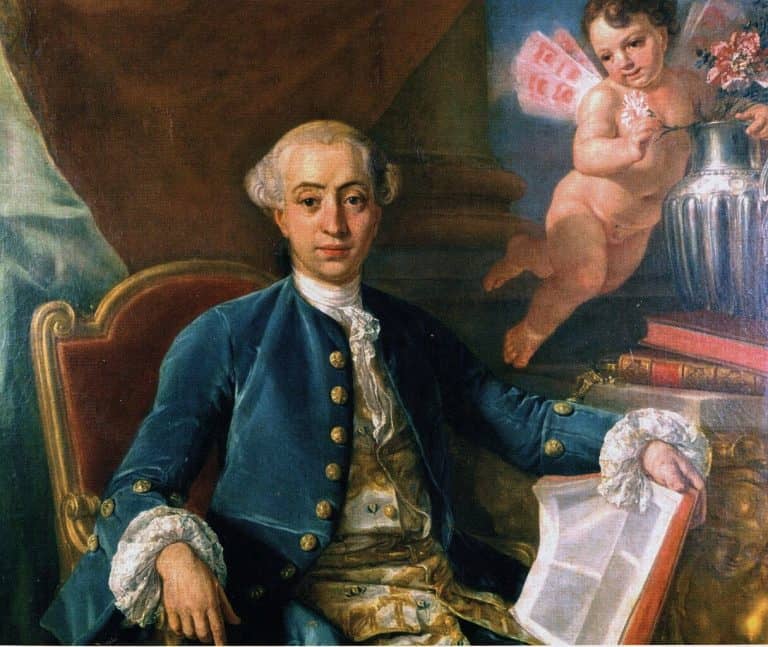
 In the United States, it’s Prosecco mania – despite Trump’s tariffs. And the credit goes to women
In the United States, it’s Prosecco mania – despite Trump’s tariffs. And the credit goes to women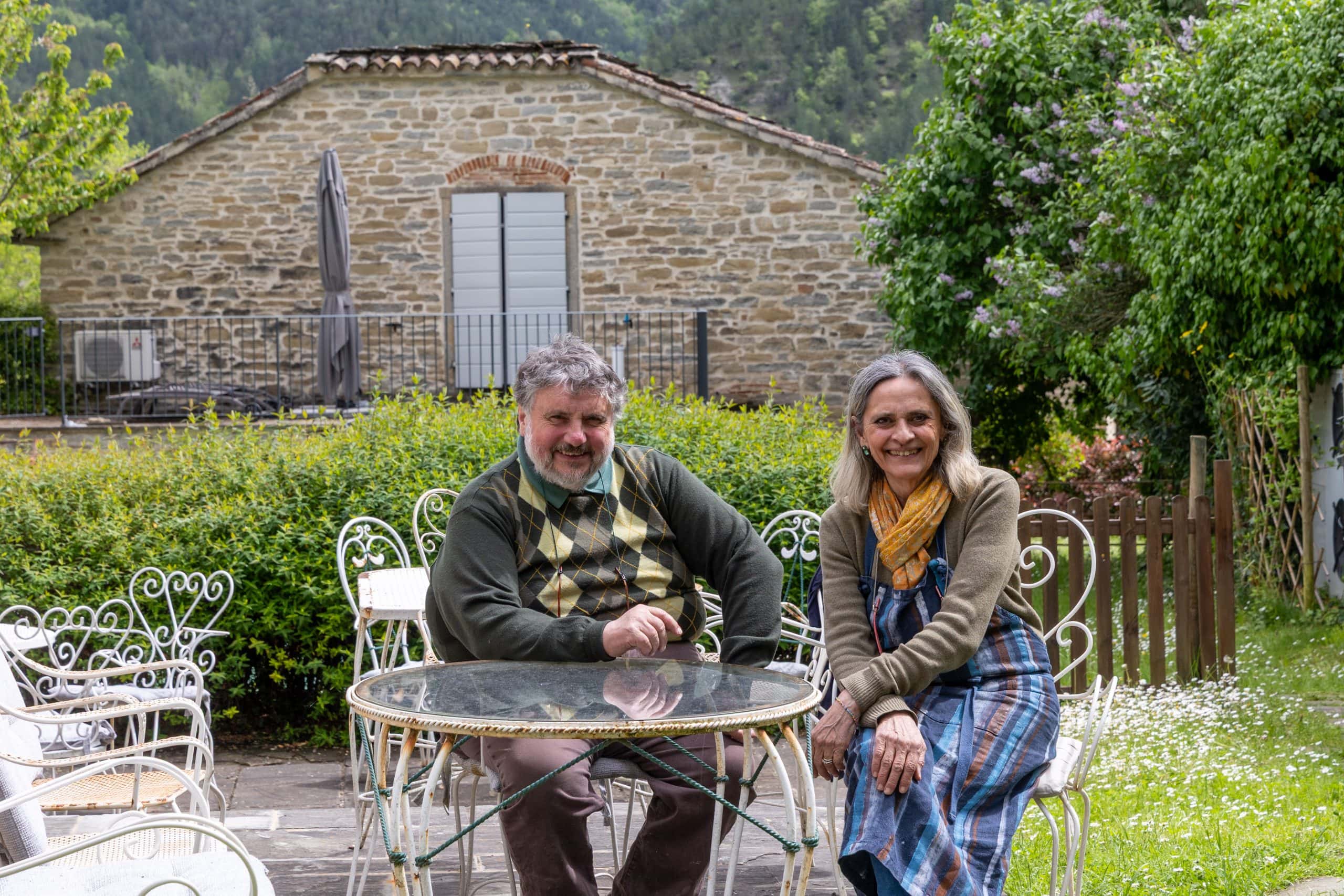 In Romagna, there's an osteria opened in an old rectory that has breathed life back into a depopulated village
In Romagna, there's an osteria opened in an old rectory that has breathed life back into a depopulated village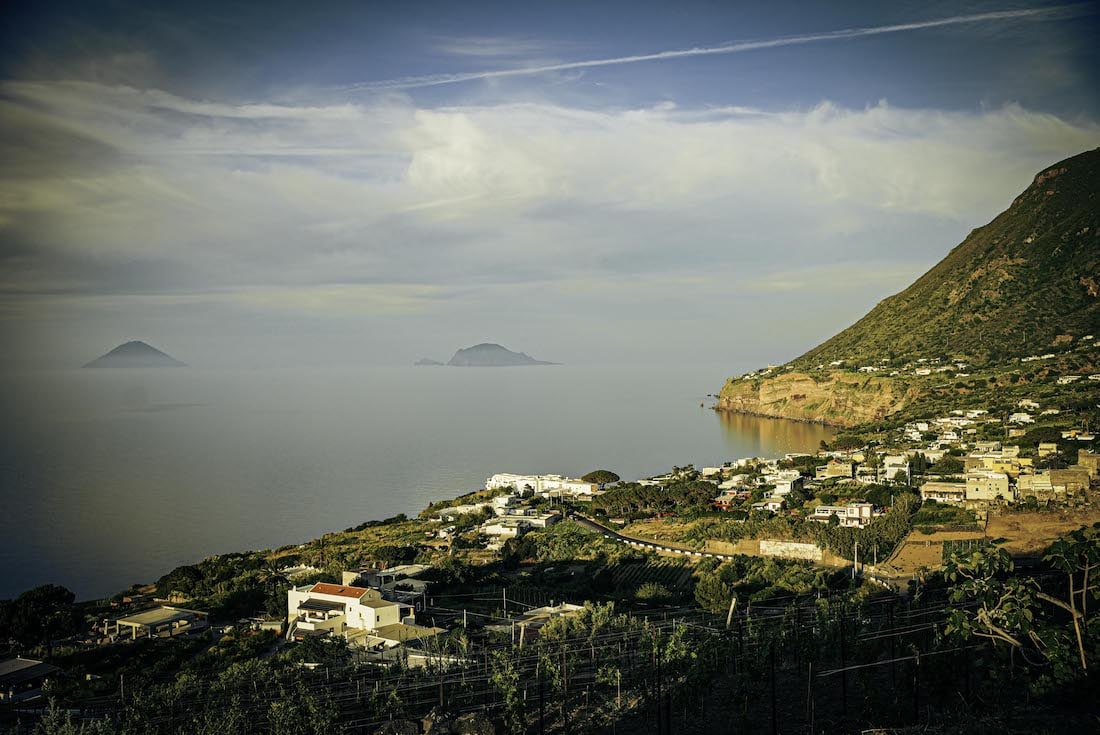 Not just Passito: it’s dry Malvasia driving the wine economy of the Aeolian Islands. And now producers want the Salina DOC
Not just Passito: it’s dry Malvasia driving the wine economy of the Aeolian Islands. And now producers want the Salina DOC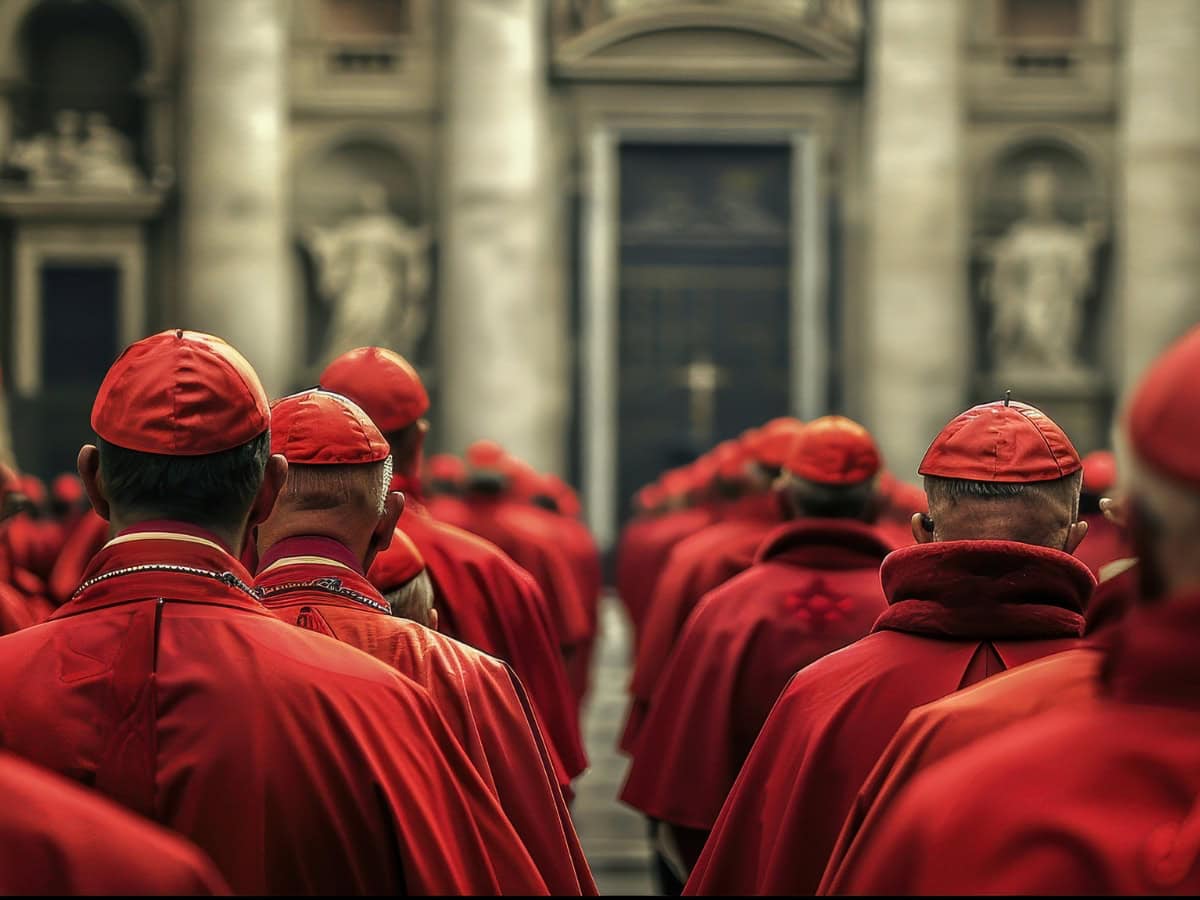 Dining with the Cardinals: here’s what they eat during the Conclave
Dining with the Cardinals: here’s what they eat during the Conclave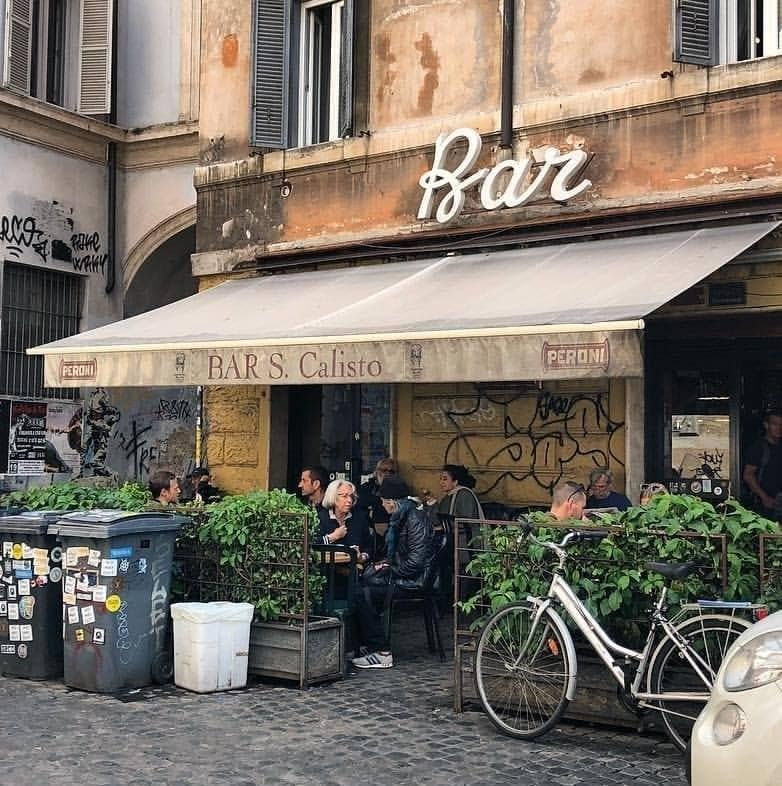 Why tourists love Bar San Calisto in Trastevere
Why tourists love Bar San Calisto in Trastevere